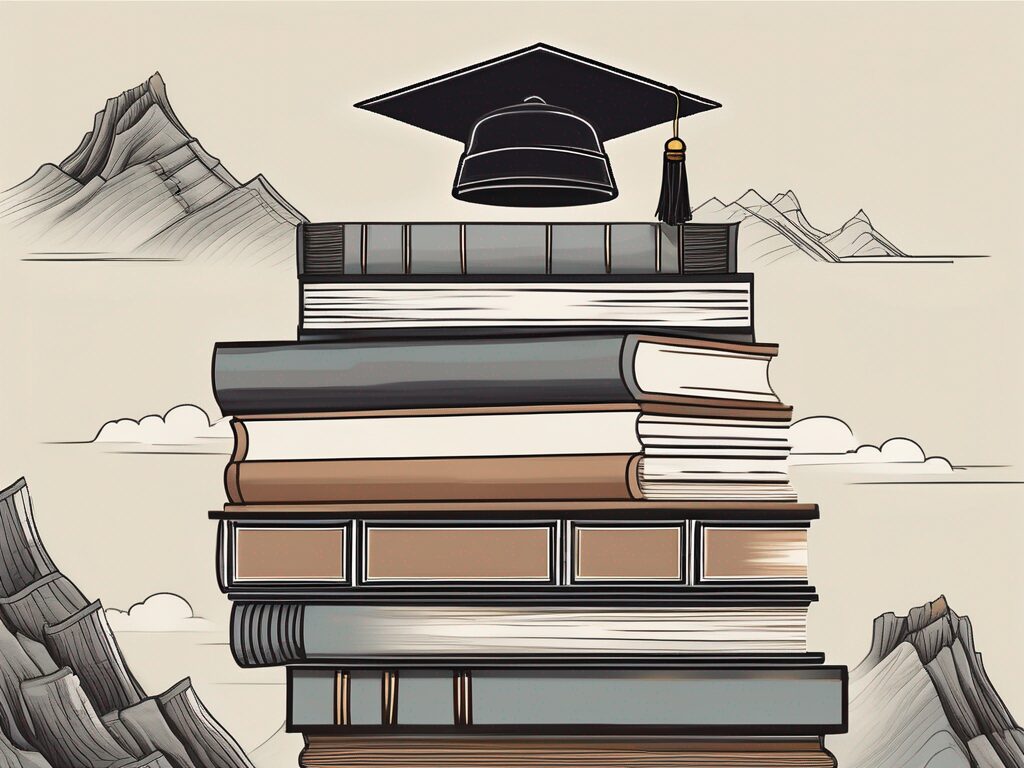Embarking on a teaching career in China can be a rewarding and enriching experience. With a Master’s in Education, your opportunities for career progression are significantly enhanced. However, navigating the educational landscape in China can be a daunting task, especially for those unfamiliar with the culture and language. Here are six tips to help you make the most of your Master’s in Education and progress in your teaching career in China.
1. Understand the Chinese Education System
Before you can progress in your teaching career in China, it’s essential to understand the country’s education system. China has a highly competitive education system, with a strong emphasis on exams and academic performance. This is somewhat akin to the British system, where GCSEs and A-Levels often determine a student’s future academic and career prospects.
However, there are also significant differences. For instance, Chinese students often attend after-school tutoring sessions, known as ‘buxiban’, to supplement their education. As a teacher with a Master’s in Education, you may find opportunities in these institutions as well as in mainstream schools.
2. Learn Mandarin
While it’s possible to teach in China without speaking Mandarin, learning the language can significantly enhance your career prospects. Not only will it make your day-to-day life easier, but it will also enable you to better understand your students and the culture in which you are teaching.
Learning Mandarin can be compared to learning any other foreign language – it requires dedication and practice. However, the rewards are well worth the effort. As the saying goes, ‘To learn a language is to have one more window from which to look at the world.’
3. Embrace Chinese Culture
Understanding and embracing Chinese culture is crucial for career progression in China. This goes beyond simply learning the language. It involves understanding Chinese customs, traditions, and values. For example, respect for elders and authority figures is a fundamental aspect of Chinese culture, which is reflected in the classroom.
Moreover, Chinese culture places great importance on ‘guanxi’ or relationships. Building strong relationships with your colleagues, superiors, and students can open doors for career advancement. This is somewhat similar to the importance of networking in the Western professional world.
4. Gain Experience
Experience is key in any profession, and teaching in China is no exception. The more experience you have, the more attractive you will be to potential employers. This is particularly true if you have a Master’s in Education, as it shows you have a deep understanding of teaching methodologies and educational theories.
Try to gain experience in a variety of educational settings – from public schools to private language institutes, from urban schools in bustling cities like Beijing and Shanghai to rural schools in the countryside. This breadth of experience will not only make you a more versatile teacher but also give you a broader perspective of the Chinese education system.
5. Continue Professional Development
Continuing professional development (CPD) is crucial for career progression. This involves keeping up-to-date with the latest educational theories and methodologies, as well as developments in the Chinese education system. Many schools and educational institutions in China offer CPD opportunities, so be sure to take advantage of these.
CPD can be likened to a gardener tending to a garden – it requires regular attention and care to ensure growth. With a Master’s in Education, you already have a solid foundation. CPD is about building on that foundation and continually improving your teaching practice.
6. Be Adaptable
Finally, being adaptable is key to succeeding in a teaching career in China. This involves being open to new experiences, willing to step out of your comfort zone, and able to adjust your teaching style to suit different learning environments and student needs. It’s a bit like being a chameleon, able to change and adapt to its surroundings.
Remember, what works in a British classroom may not necessarily work in a Chinese classroom. Being adaptable also means being culturally sensitive and respectful of the differences between Western and Chinese educational practices.
In conclusion, progressing in a teaching career in China with a Master’s in Education involves understanding the Chinese education system, learning Mandarin, embracing Chinese culture, gaining experience, continuing professional development, and being adaptable. With these six tips, you’ll be well on your way to a successful teaching career in China.
Take Your Teaching Career to New Heights with iQTS
Ready to elevate your teaching career in China and beyond? The IQTS at UWE presents the International Qualified Teacher Status (iQTS) Programme, designed to propel your professional development to the next level. Overcome the barriers of strict qualification requirements, enhance your career progression with a significant increase in promotion rates and salary, connect with a global community of educators, and gain a comprehensive understanding of international curricula. With flexible online study options, the iQTS programme is the perfect fit for ambitious educators seeking to balance work and continuous learning. Make Your Next Step towards a transformative teaching journey with iQTS.

